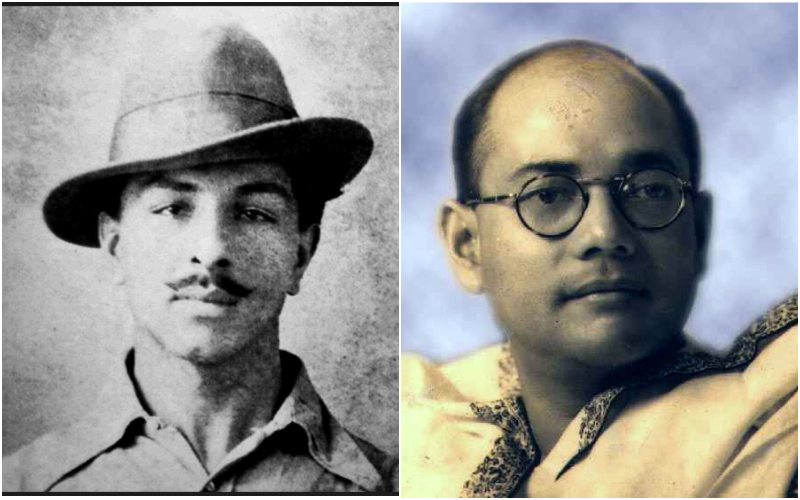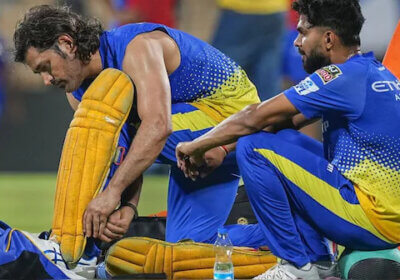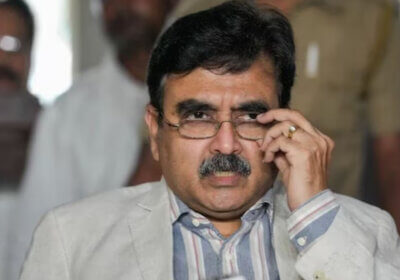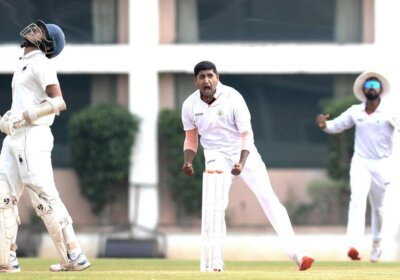On the martyrdom day of Sardar Bhagat Singh, Rajguru and Sukhdev here is a revisit to the great revolutionary’s ideas and thought on the 2 towering leaders of Indian National Congress of the day.
We all know Bhagat Singh was a thinker and had a very mature understanding of the contemporary world and politics of his day. He was always seen with a book in his hand and read rigorously on political and social subject along with the newspapers of his time.
Here is an interesting take from Bhagat Singh’s letters where he is putting his views on Subhash Bose and Jawaharlal Nehru
Bhagat Singh and Bose, we are reminded, were progressives who followed the brutal way to battle against the English. The two are viewed as solid warriors, while Gandhi and Nehru are depicted as controllers who arranged their method for fueling. It is acknowledged strongly by many that, had India achieved an open door through the means used by Bhagat Singh and Bose, the Indian story would have been extraordinary and different.
Infamous Indian discernment, Bhagat Singh and Bose were made of a similar metal – while Bose and Nehru were the two shafts of pre-Freedom Indian legislative issues. Nehru was a person who probably had a peaceful existence. At the same time, Bose was the person who denied the magnificent Indian Common Help and later his situation in the Congress to send off a more legitimate patriot fight against the British.
He was equivalent to Bhagat Singh. He pursued and picked passing over life. Nehru outlasted them both. He got Bose a long way from India: so terrified he was that he even mentioned that his administration specialist associations keep the whole Bose family under watch.
Bhagat Singh was perhaps the most persuasive progressive in the Indian autonomy development. He was a socialist and a committed revolutionary who believed in overthrowing British colonial rule in India. Bhagat Singh had a very strong personality and a clear vision of his goal. He was not afraid to speak his mind and often clashed with other independence movement leaders, including Subhas Chandra Bose and Jawaharlal Nehru.
Subhas Chandra Bose, also known as Netaji, was one of the most prominent leaders of the Indian independence movement. He was a nationalist and a socialist who believed in using force to achieve independence. Bose formed the Indian National Army (INA) to fight against the British during World War II. Bhagat Singh had a lot of respect for Bose and his commitment to the cause of independence. However, he disagreed with Bose on several key issues.
Bhagat Singh believed that the struggle for independence should be based on the principles of socialism and involve the working class. He felt that Bose’s emphasis on nationalism was misplaced and would not lead to a truly independent India. Bhagat Singh believed that the struggle for independence should be a mass movement involving all social sections, including workers, peasants, and intellectuals.
Jawaharlal Nehru was another prominent leader of the Indian independence movement. He was a socialist and a secularist who believed in the power of democracy to achieve independence. Nehru was a close ally of Mahatma Gandhi and was deeply committed to the principles of non-violence. Bhagat Singh had a great deal of respect for Nehru and his commitment to democracy. However, he also had some reservations about Nehru’s leadership.
Bhagat Singh felt that Nehru was too cautious in his approach to the independence movement. He felt Nehru was too willing to compromise with the British and did not fully appreciate the need for revolutionary action. Bhagat Singh believed that the British would only leave India if forced to do so and that peaceful protests and negotiations would not be enough.
Bhagat Singh also disagreed with Nehru’s emphasis on non-violence. He felt that non-violence was a powerful tool in the struggle for independence but should not be the only tool. He also believed that violence was sometimes necessary to achieve political goals and that using force could be justified in certain circumstances.
Bhagat Singh underlines Nehru’s perception that we shouldn’t acknowledge stories from strict books on the off potential for success that they don’t have the trial of reason. To Bhagat Singh, Nehru was a progressive and needed change in the public eye, while Subhas Babu needed the state of affairs and put stock in everything old, though Nehru needed a rebel against it. Nehru talked about the people who expect that they could restore anything that existed 100 years back. Nehru said, “I need to let them know that it was unthinkable. The world in our creative mind may be still. Yet this present reality isn’t still.”
Bhagat Singh felt that Bose requested full Freedom for India because the English were Western, and we were oriental. Bose was thinking about the country’s political opportunity, while Nehru’s interest in opportunity was to change our social, political, and monetary status. Bhagat Singh said Nehru’s considerations were progressive and engaged the psyche and reason, while Subhas Babu’s pursued the brain exclusively but not reason.

Bhagat Singh On Netaji and Nehru
Bhagat Singh then engaged the youthful age of Punjab not to be directed by feeling but rather by reason. He noticed that Punjabis are close to home; they get invigorated immediately and afterward quiet down rapidly. He needed to intrigue the personalities of Punjab’s childhood that they required scholarly food, not a profound boost. Simultaneously, he advised individuals that they should not be visually impaired adherents.
Conclusion
Bhagat Singh had a complex relationship with Subhas Chandra Bose and Jawaharlal Nehru. While he respected both men and their contributions to the independence movement, he also had reservations about their leadership and their approach to the struggle for independence.
Bhagat Singh believed that the struggle for independence should be based on the principles of socialism and involve the working class. He felt that the struggle for independence should be a mass movement involving all society sections. Ultimately, Bhagat Singh’s vision for India was one of a socialist, secular, and democratic society that was free from colonial rule.























Pingback: What exactly happened on the fateful day of Jallianwala Bagh Massacre